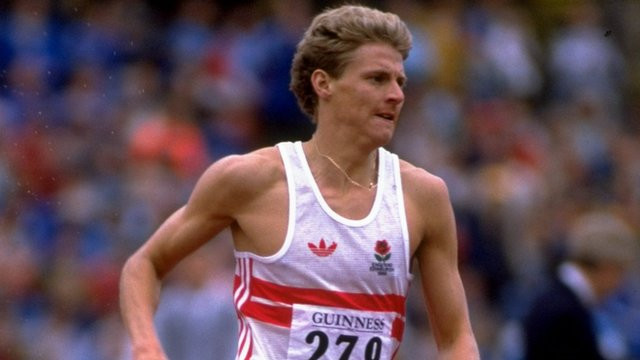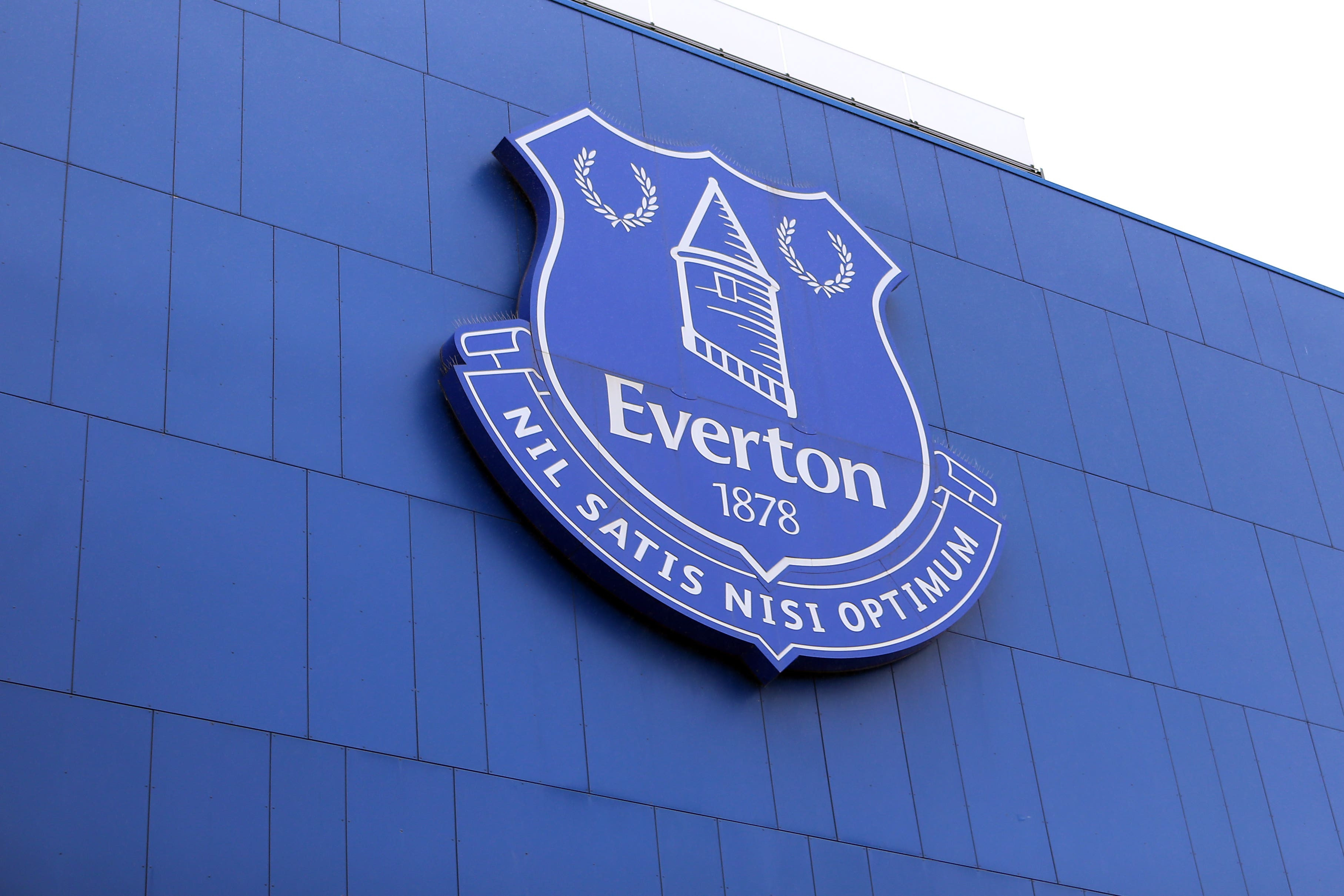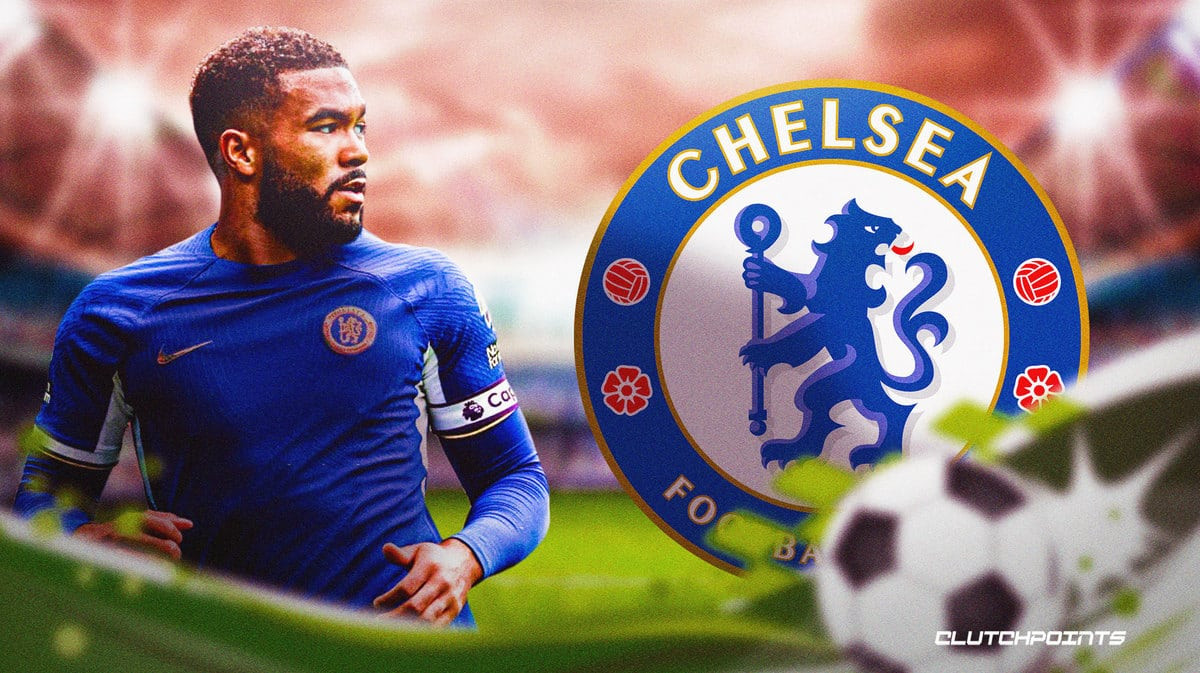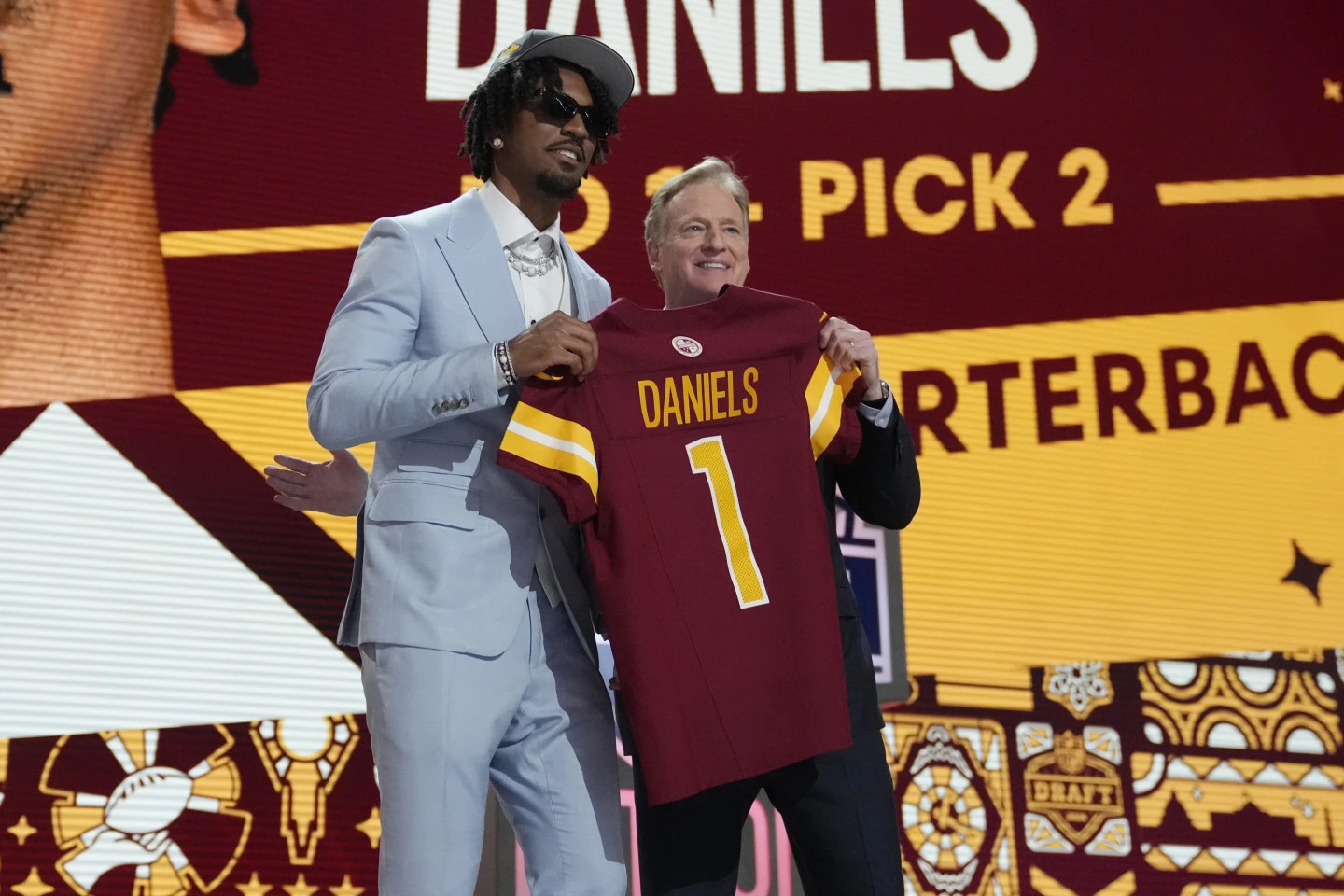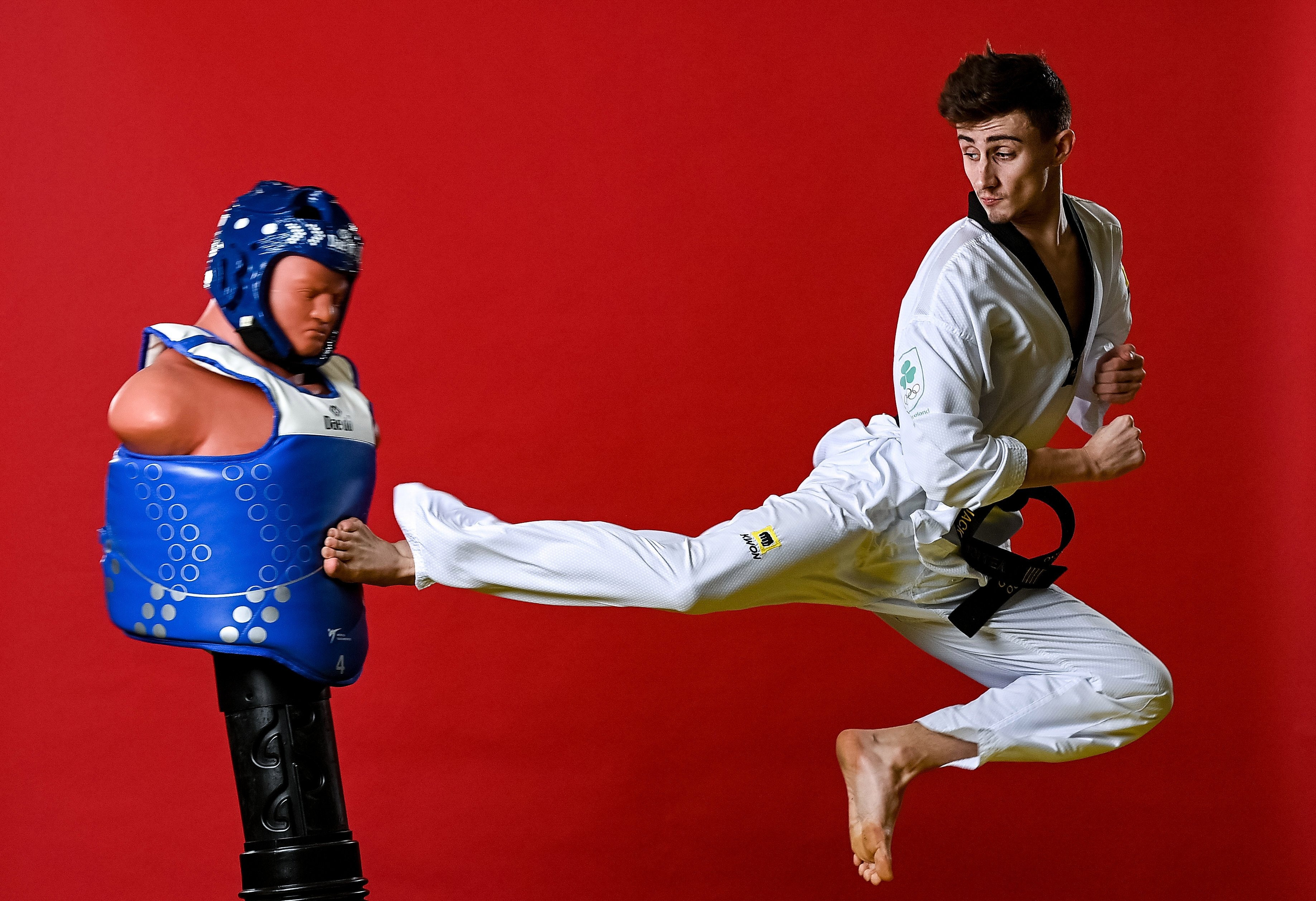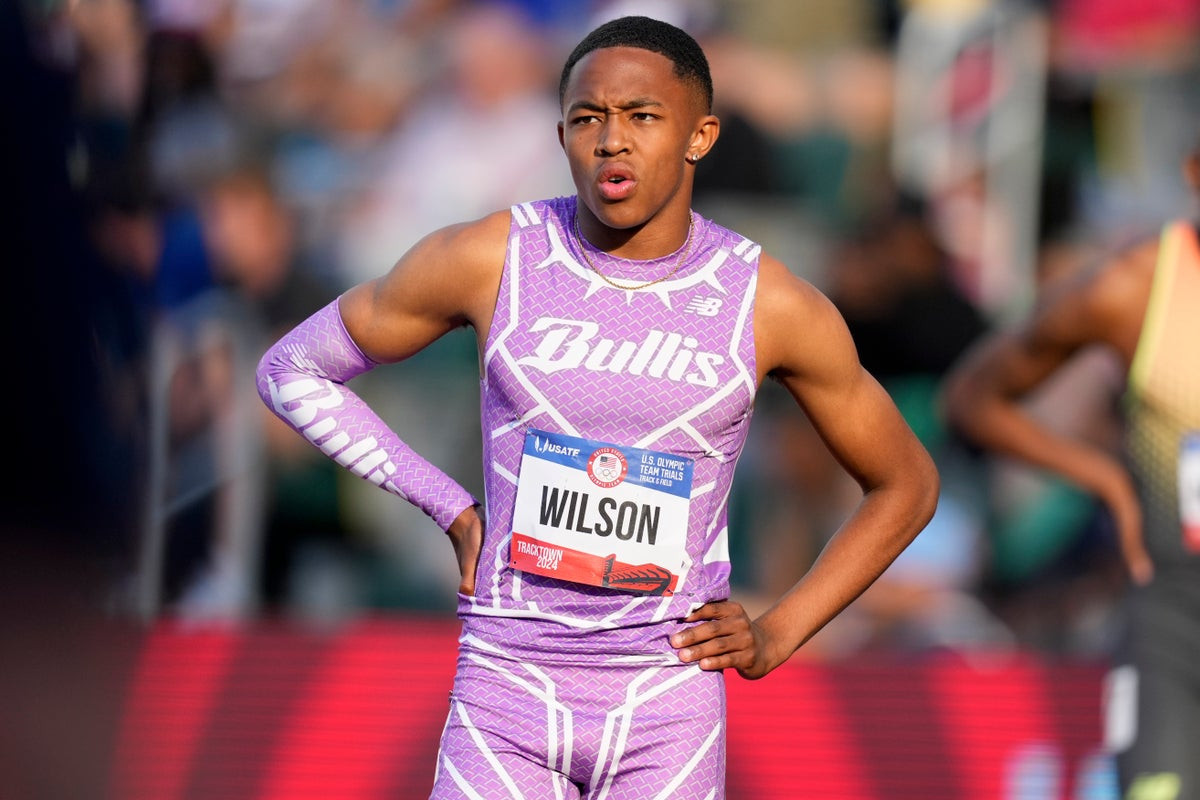From a young age he was always destined for a glittering career in athletics, yet going to the gym terrified him
Steve Cram, born in Gateshead in 1960 and raised in Jarrow, is one of the greatest middle-distance runners of all time. He won the 1,500m gold medal at the 1983 World Championships, Olympic silver in the 1,500m the following year (despite injury), and amassed many more gold medals at the Commonwealth Games and European Championships across the 800m and 1,500m.
Cram also broke world records at 1,500m, 2,000m, and the mile within 19 days during one sensational summer in 1985 – as part of the golden age of middle distance running that saw him competing against Sebastian Coe, Steve Ovett, and Said Aouita.
Since hanging up his running spikes, Cram has carved out a career as a commentator on the BBC – covering all the major track and field championships, as well as the London Marathon, Great North Run, and even curling at the Winter Olympics. He is one of the most respected and best-loved sportscasters in the business.
In his Letter To My Younger Self, Cram talks about being part of that special era for British middle distance running in the 1980s, how growing up with a policeman father and German mother made him stand out, his early love of punk rock, how Seb Coe stopped him becoming an MP, and his fear at being asked to take over from the great David Coleman in the commentary box.
Early Days and Influences
By 16, I was already doing well with athletics. It was O levels year, and I’d done quite well, but I was going to the athletics club every night. I was becoming aware that there might be an alternative future. My friends were thinking A levels, university, and try to get a job. And so was I. But I was also realizing running could take me on a different path. It was a funny time, the 1970s, and an exciting time for music. I’d gone through a Marc Bolan phase, was a bit of a Bowie fan, and punk was rearing its head. I got attracted to that – but more the music than the fashion.
I was becoming quite politically aware. There were strikes and power cuts, so our lives had been affected by politics. My grandfather was a miner, my coach was working in the shipyards, my mum worked at three or four factories – that’s what people did. It was a proper working-class upbringing. And I was shaped by where I grew up and the people around me.
My mother was German and my dad was a policeman – both of those things made you stand out in Jarrow. All my life, we’d lived in a police house. Most estates had a few, which was nice but meant everyone knew where you lived. And we’d go to Germany every year, which was unusual. None of my mates had been abroad. I was more aware of what was going on at home through this lens of having parentage from a different country – and theoretically a country we hated. I became aware of racism, because my mum suffered quite badly.
This was the time of Till Death Us Do Part and Love Thy Neighbour. So my friends would come around, say things they’d heard at home, and my mum would go ballistic. Any prejudice was frowned upon. And being a policeman’s son meant you had to behave. If my mates were going to do something even slightly dodgy, my first thought was, what if my dad finds out?
One of my uncles [Bobby Cram] was a professional footballer. He was a hero to me, he played for West Brom, he was in the same team as Bobby Robson and Jeff Astle, and then had a moment of fame. He was captain of Colchester in 1972 when they knocked Leeds United out of the FA Cup live on television. I used to visit my grandmother on Sundays and look through scrapbooks on my uncle. I was not good enough to follow in his footsteps. By 15 I’d given up football to take running more seriously.
Finding a Path in Athletics
My careers teacher said you will not earn any money by running and that I needed a proper career. Years later, Mr Harrison was working for the Northumberland Tourist Board and he’d be on the stand at Newcastle Airport. He was a lovely man, but every time I flew to Oslo or Zurich, I reminded him about it! To be fair, my mum and dad were saying the same. The phrase they used was having ‘something to fall back on’.
I went to the Commonwealth Games when I was 17 and suddenly my name was on the back pages of the newspapers. Football wasn’t taking up all the headlines like it does now. And we had Seb Coe and Steve Ovett, who were capturing the public imagination. I broke the world mile record for 17-year-olds and started getting attention and sponsorship. My life changed quickly. All of a sudden, A levels didn’t feel so important. You’re thinking calculus – what am I going to do with this?
I was dedicated to running but didn’t miss out on teenage life. I went to parties and had a drink now and then. At 16 or 17, that is the time most kids stop doing sport. You socialise more and are thinking about girls or boys. By 16, everyone knew which bar you could get served in, so that was hard to resist. And I did enough to not feel like I was missing out. As great a career as I had, boring stuff like getting more sleep and looking at my diet would have helped. Injury prevention is big in our sport now. So I would tell my 16-year-old self to get in the gym. But the first time I went I was scared stiff – it was all sweaty blokes with weights who were probably taking drugs.
Brendan Foster was a huge hero and I had access to him. He was an athlete in the 1970s and lived down the road. Seeing someone who looked like me, smelled like me, talked like me was so important. My coach Jimmy was great, my parents were very level-headed, and I had good mates. But having Brendan, who had seen it all and was still doing it, was fantastic.
Achieving Greatness
My younger self would have been most excited to know that he would break the world mile record. Roger Bannister was an incredible hero. I’d seen grainy footage of him breaking the four-minute mile, and as a kid, it was sort of thing you read about in comics. It was an iconic moment. So if you’d told me that one day I’d break the world mile record, that would have got me really excited. And it still does today. I’m very proud of being in that small club – I only lost the British record a few weeks ago.
Nobody tells you that if you get really good at athletics you’re going to become famous. Suddenly, everywhere we went, everyone knew who we were. After I won the World Championships in 1983 and went to the Olympics in 1984, I couldn’t walk down the street anywhere. Television was pulling the strings. When I broke the 1,500m world record in Nice in 1985, it was live on BBC and ITV. About 20 million people watched it on a Tuesday night.
So the impact of what we were doing was huge. A few weeks later I broke the mile record in Oslo, and that race was at midnight because we had to be live on TV on the West Coast of America. I started getting letters from all around the world. It was incredible to be part of and I would never have it any other way, but I did find it overwhelming.
Transitioning to Broadcasting
Television’s a thrilling industry to be involved in, and I’ve been in it a lot longer than I was a runner, but nothing else feels like winning a race. Every now and then I remember that feeling of coming down the home straight, knowing you’re running great and will win a medal, run a personal best, or set a world record. And you can’t replace that. Daley Thompson used to say to me, ‘don’t stop, it’s crap outside’.
My manager looked after Brendan Foster, Des Lynam, John Motson, Jim Rosenthal, and Alan Parry. So even as an athlete, I understood broadcasting because I hung around with these guys. But if you’d told me I would end up on TV, I would never have believed you. I stumbled into broadcasting. I started with Eurosport and was crap at first. But it was a way to go back to the World Championships and the Olympics. That was my motivation.
To reach the top level in sport, you can become quite selfish. So I’d tell my younger self to make sure you’re aware of what’s happening in other people’s lives. It’s not all about you. Know who your real friends are and don’t be so self-obsessed.
Life Lessons and New Beginnings
My brother’s death made me make some big changes. He tripped when he was out running, fractured his skull, and died on the spot. He was 40. There was a big feeling of guilt – why him? But it was also a jolt for me, and I thank him to this day. You realize there might only be tomorrow, so why not be doing what you want to do and living as you want to live? The next couple of years, I got divorced, and it was all part of that period of reassessing my life.
When I was finishing as a runner, there was an option for me to become an MP. I’m political in the sense that I want to do things, and in the mid-1990s I was very frustrated with what was happening in sport. Seb Coe had become an MP, which took me aback. I’d had political discussions with all my mates in the 1980s, but never him. I told him I wanted to do it because sport in schools was terrible. But he said influential sports people can sit in front of a politician and talk about issues more than a backbench MP. And he was right. I sat on the Lottery panel for 15 years – that process ended with us having the Olympics in 2012. So Seb was shrewd and stopped me going down a path that may have been a dead end. But I love talking politics.
The scariest thing of my life was when someone said I was going to replace David Coleman. It’s like the feeling Prince Charles might have had before he became king. How do I follow that? He was the greatest sports broadcaster and was everywhere in my house when I was a kid. And he commented on my great moments. Athletes now only know me as a commentator.
Inspiring a New Generation of Athletes
When we are covering the Olympics, there is always a subtext: maybe our next champions are watching. There will be eight or nine year olds who will watch Mondo Duplantis and think, wow, the pole vault looks fun. Or maybe in ten years time someone will be in a press conference, remembering how, when they were a kid, they watched Keely Hodgkinson win the 800m in Paris. And that is why it’s so important that the BBC has a platform to show the Olympics.
We’re in another running boom, and I love it. The first London Marathon in 1981 was on the BBC and convinced a lot of people to take up running. A woman called Madge Sharples, who was 64, was on, and people at home were going, if she can do it, so can I. Our company Events Of The North organises events now, and I love seeing people who would never have contemplated doing a 5k or a 10k in my day. I’m also a coach on Couch to 5k, which is an app the BBC and NHS run and has been a great driver of people taking their first steps. I genuinely love all of it. Because when I was a kid, you’d get laughed at running around the streets of South Tyneside. There were estates you didn’t dare run through because you’d get shouted at or stones thrown at you. Now you can’t move for runners, and I think that’s brilliant.
Steve Cram is commentating for the BBC at the Olympics in Paris




